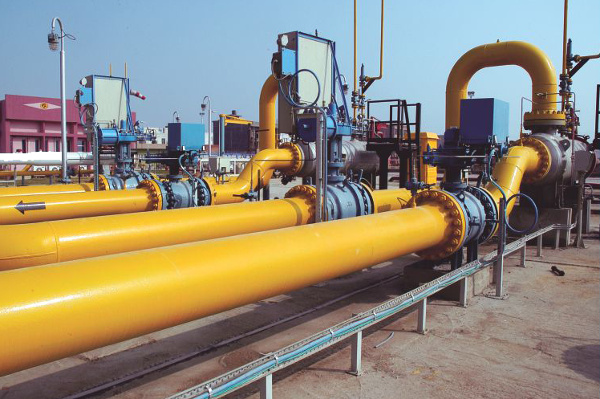New Delhi: The Covid-19 outbreak has accelerated the transition in India’s energy sector with profound implications for the economy, including addition of $140 billion of new direct investments in gas over eight years, rise in the employment growth rate by up to 300 basis points and a lower current account deficit by an average $4-4.7 billion annually.
“It should also lower energy costs for consumers and industrial companies alike, by up to 25 per cent on average, slow global oil demand growth by 10 per cent, and nearly double the market share of gas-powered vehicles in India’s PV sales,” Morgan Stanley Research aid in a report. “More importantly, we think it will reshape consumer habits as gas becomes their go-to fuel, boosting gas demand CAGR to 8 per cent through 2025.”
The investment banking firm expects gas to account for around 10 per cent of India’s primary energy supply in 2025, up from 6 per cent currently, with renewables at 6 per cent from the current 3.6 per cent.
As global oversupply has accelerated, prices for Asian gas consumers have deflated to the greatest extent. India is the biggest beneficiary as consumer prices have fallen 25 per cent and remain structurally low at a time when gas infrastructure is doubling and the advent of renewables is making gas even more prominent in the fuel mix.
“Stricter standards on pollution, the start of India’s first gas exchange, and supportive regulatory policies will catalyze India’s energy transition. India may steadily move to freely priced domestic gas as the industrial and power sector sees gas adoption due to cheap prices and easier access and environmental policies,” the report said. It added that personal use of gas for cooking and travel should rise as last mile infrastructure more than doubles by 2025.
The likely beneficiaries of this shift towards gas include midstream gas pipeline and infrastructure owners — IGL, Gujarat Gas– gas-fired power plants, auto players like Maruti that are pushing for CNG in the vehicle mix, enablers like fuel retailers, infrastructure builders like L&T, and end industrial consumers like Ambuja and Tata Steel.
While refiners may face headwinds most of them are now integrating into downstream chemicals. Also, fuel retailers are offering energy integrated solutions by giving consumers a choice of filling tanks with petrol, diesel, gas or charging batteries.
Source: ET
You may also like
-
Trade Connect E-platform For Exports Is Single Window, Fast, Accessible And Transformational: Shri Piyush Goyal
-
Dot Simplifies Approval Processes For Telecom Licenses And Wireless Equipment
-
Coal Production and Supply Trends on Positive Trajectory
-
Union Minister To Release Booklets On Promotion Of Indigenous Species & Conservation Of States Fishes
-
2nd India-Japan Finance Dialogue held in Tokyo on 6th September, 2024
